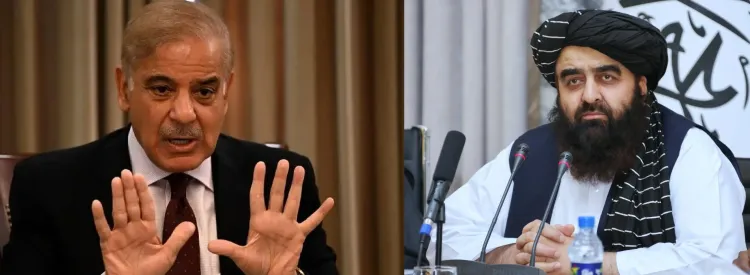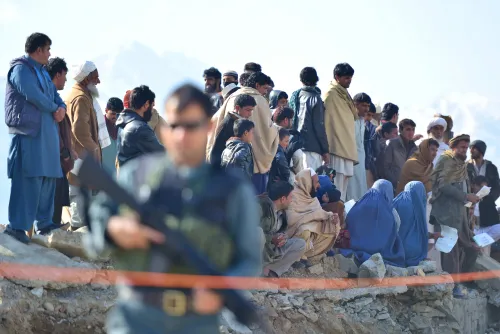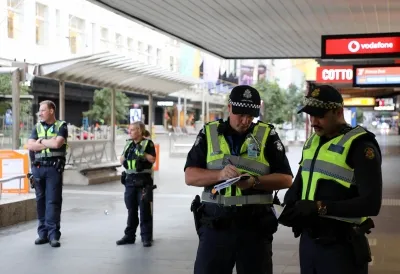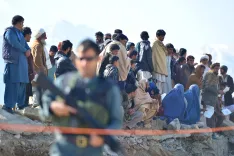Pakistan Seeks to Restore Relations with Afghanistan as Mass Deportation Deadline Approaches

Synopsis
Key Takeaways
- Pakistan and Afghanistan are working to improve diplomatic relations.
- A new schedule for high-level visits has been established.
- Key issues include border management and the repatriation of Afghans.
- Technical teams will meet to resolve border disputes.
- Mass deportation of Afghans is imminent after March 31.
Islamabad, March 25 (NationPress) Pakistan and Afghanistan have initiated new endeavors to ease tensions and normalize relations through revamped and realigned diplomatic high-level engagements.
The decision was reached during the visit of a Pakistani delegation led by Special Representative for Afghanistan Sadiq Khan, following the directions of Deputy Prime Minister and Foreign Minister Ishaq Dar. This visit was critically significant as it occurred right after a US delegation departed, which facilitated the release of an American citizen who had been detained in Afghanistan for over two years. George Glezmann, aged 66, was freed after prolonged negotiations led by Qatari and US mediators.
The Pakistani delegation's visit aimed to enhance diplomatic engagement and utilize high-level meetings to address all persistent issues while boosting cooperation in trade, transit, border management, and the refugee situation.
Pakistan has accused Afghanistan of being the nucleus of terrorism, and both nations have recently faced violent confrontations along their porous borders, including the Torkham crossing.
According to official sources, both sides have agreed to a comprehensive year-long schedule of high-level delegation visits, which includes a proposed visit by Ishaq Dar to Kabul.
"We aim to eliminate any communication gap between both nations. Ministers from both sides will regularly visit each other, and a schedule for online meetings is also in place," stated the source.
A critical topic on the agenda is the ongoing situation at the Torkham border. Technical teams from both nations are set to convene in April to discuss disputed regions along the border, reviewing satellite imagery, maps, and structural designs to seek a resolution.
A meeting of the Joint Coordination Commission (JCC), which has long been pending, is also slated for rescheduling. The revival of JCC meetings is viewed as a vital step toward institutionalizing bilateral cooperation.
Pakistan's decision to deport hundreds of thousands of Afghans residing illegally or even those with an Afghan Citizen Card was also deliberated as the deadline for voluntary departure ends on March 31.
Pakistan asserts that it will initiate a crackdown on illegal Afghan nationals post-deadline and ensure their repatriation through the Torkham border.
Experts indicate that all outstanding matters between the two nations can be addressed through ongoing dialogue and structured interactions. Nevertheless, sensitive issues concerning security, border management and fencing, and the repatriation of Afghan nationals are crucial factors influencing the future of bilateral relations.










